It is human nature to think wisely and act in an absurd fashion
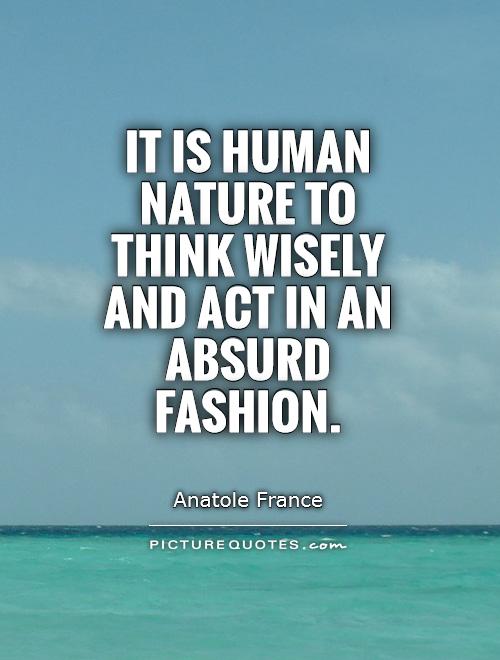
It is human nature to think wisely and act in an absurd fashion
Anatole France, a French poet, journalist, and novelist, once famously said, “It is human nature to think wisely and act in an absurd fashion.” This quote encapsulates the paradoxical nature of human behavior, where our rational thoughts often clash with our irrational actions.Human beings are unique in their ability to think critically, analyze situations, and make informed decisions based on logic and reason. We have the capacity to weigh the pros and cons of a situation, consider various perspectives, and come to a well-thought-out conclusion. This ability to think wisely sets us apart from other species and has allowed us to make incredible advancements in science, technology, and society.
However, despite our capacity for rational thought, we often find ourselves acting in ways that seem completely irrational or absurd. We make impulsive decisions, act on emotions rather than logic, and engage in behaviors that go against our better judgment. This disconnect between our thoughts and actions can be attributed to a variety of factors, including emotions, societal pressures, and cognitive biases.
Emotions play a significant role in influencing our behavior, often leading us to act in ways that may not align with our rational thoughts. For example, we may know that eating a healthy diet and exercising regularly is important for our overall well-being, but we still find ourselves reaching for that bag of chips or skipping the gym in favor of watching TV. Our emotions, such as stress, boredom, or cravings, can override our logical thinking and lead us to make choices that are not in our best interest.
Societal pressures also play a role in shaping our behavior, as we are often influenced by the expectations and norms of the society in which we live. We may feel pressured to conform to certain standards of beauty, success, or behavior, even if it goes against our own values or beliefs. This pressure to fit in or meet societal expectations can cause us to act in ways that may seem absurd or irrational when viewed objectively.
Additionally, cognitive biases can cloud our judgment and lead us to make decisions that are not based on logic or reason. These biases are mental shortcuts that our brains use to process information quickly, but they can also lead to errors in judgment and decision-making. For example, confirmation bias causes us to seek out information that confirms our existing beliefs, while availability bias leads us to overestimate the importance of information that is readily available to us. These biases can distort our thinking and cause us to act in ways that may seem irrational or absurd to others.

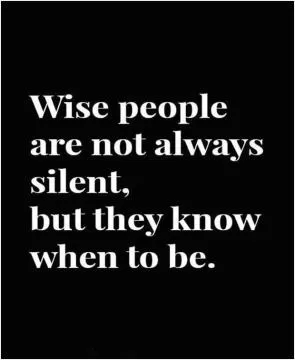
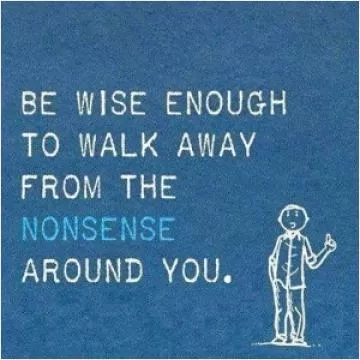
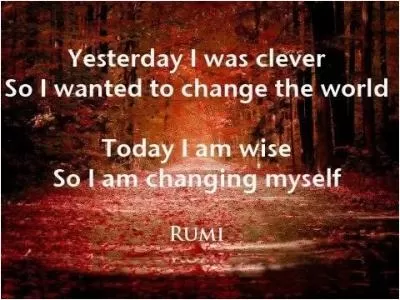


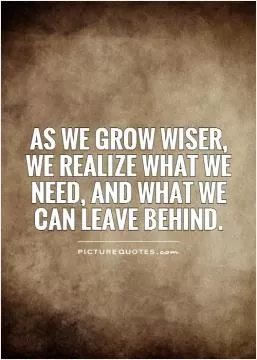
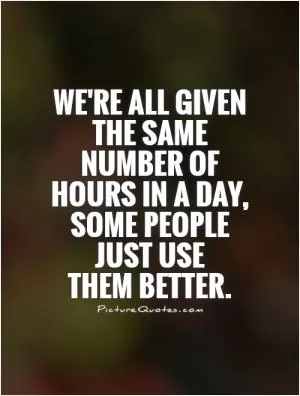




 Friendship Quotes
Friendship Quotes Love Quotes
Love Quotes Life Quotes
Life Quotes Funny Quotes
Funny Quotes Motivational Quotes
Motivational Quotes Inspirational Quotes
Inspirational Quotes